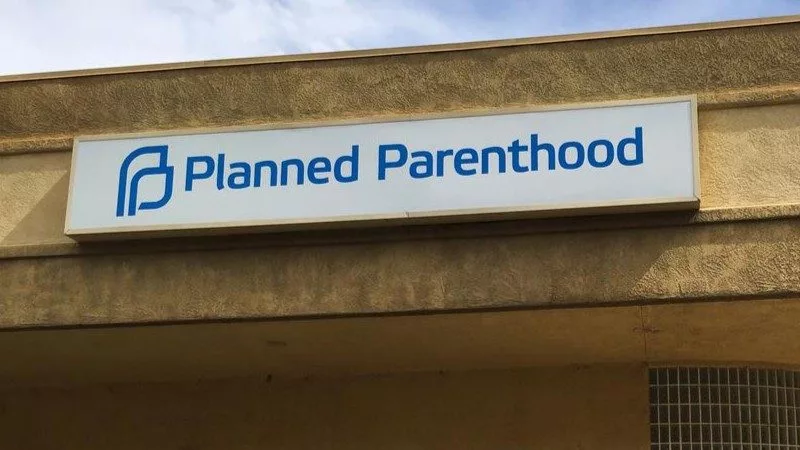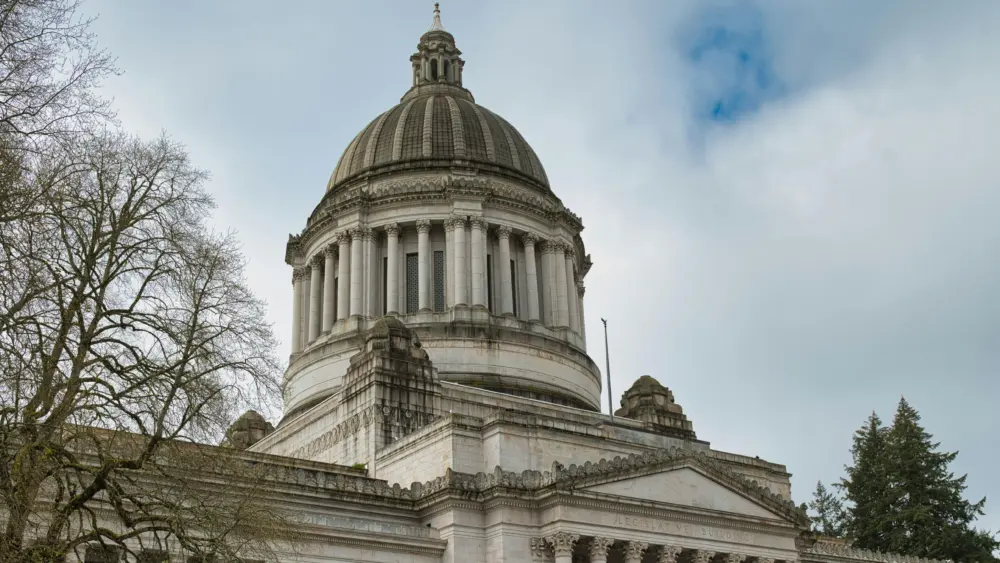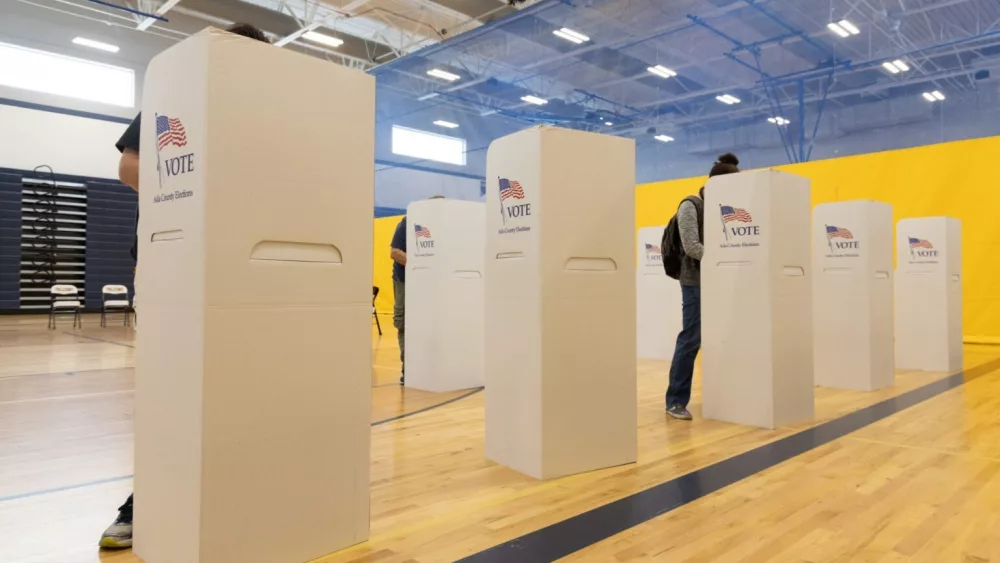OLYMPIA, WA – Funding for an abortion care program will be reduced by more than 50% under the state budget plan awaiting Gov. Bob Ferguson’s signature.
Washington created the Abortion Access Project following the U.S. Supreme Court decision to overturn the Roe v. Wade ruling, which guaranteed the right to an abortion. While the court’s 2022 decision in Dobbs v. Jackson cleared the way for states to restrict or largely ban abortion, Washington is one of the states where reproductive care is more accessible.
The pending $8.5 million cut could mean reduced hours and staffing cuts at clinics and less security for patients seeking care, advocates say.
The state Legislature previously allocated $15 million in the 2023-25 budget to support clinics providing care.
“With less dollars, we’re going to be able to provide abortion care for less patients,” said Jennifer M. Allen, CEO of Planned Parenthood Alliance Advocates.
The group described the reduction as “devastating” at a time when other states around the country have adopted more restrictive abortion laws.
“To our knowledge, it is the only cut to abortion funding in state history,” Allen said. “Our state has never before gone backwards on access to abortion.”
Since the Dobbs decision, abortion restrictions in other states are causing a growing demand for reproductive health services in states like Washington.
“This loss of care will further burden our already overburdened clinics and put patient lives at risk,” said Sami Alloy, executive director of Pro-Choice Washington. “It will lead to more emergency complications and more burden on our emergency health care system at a time when access to care is already under attack.”
From 2021 to 2022, there was a 17% increase in abortions provided to Washington residents and a 45% increase in abortions provided to non-residents, according to the state’s Department of Health. Washington’s neighboring state, Idaho, has one of the strictest abortion bans in the country.
Funding for the Abortion Access Project is used for anyone seeking abortion care, regardless of income or residency status.
The five abortion care agencies in the state supported by the program provided 80% of the total abortions in 2022, according to the Department of Health’s Center for Health Statistics. These clinics are located in 20 out of the 39 counties in Washington state.
There are “wide swaths of geography where patients have no care,” Alloy said, and the cuts will harm patients who already face higher barriers to care. Medicaid reimbursement rates for reproductive health services are also lower than for other kinds of health care, she added.
Allen said Planned Parenthood has been in contact with Ferguson and his team about possibilities for shoring up funding.
“If there’s no money to fund that actual care for patients, then that right doesn’t mean very much,” Allen said.
This story first appeared on Washington State Standard.





